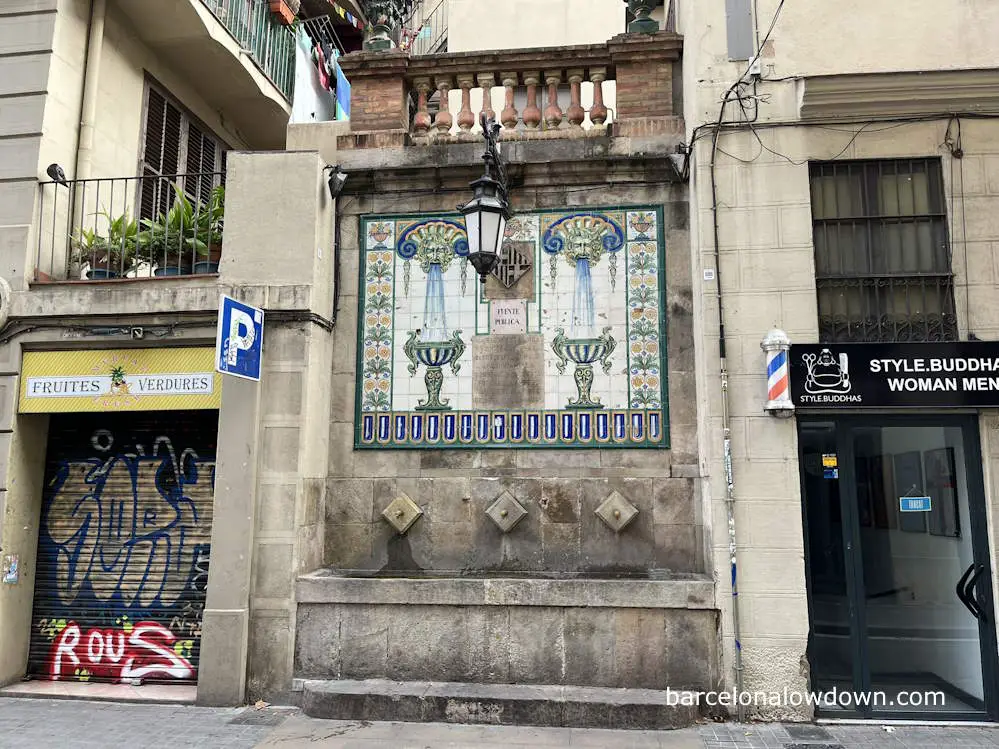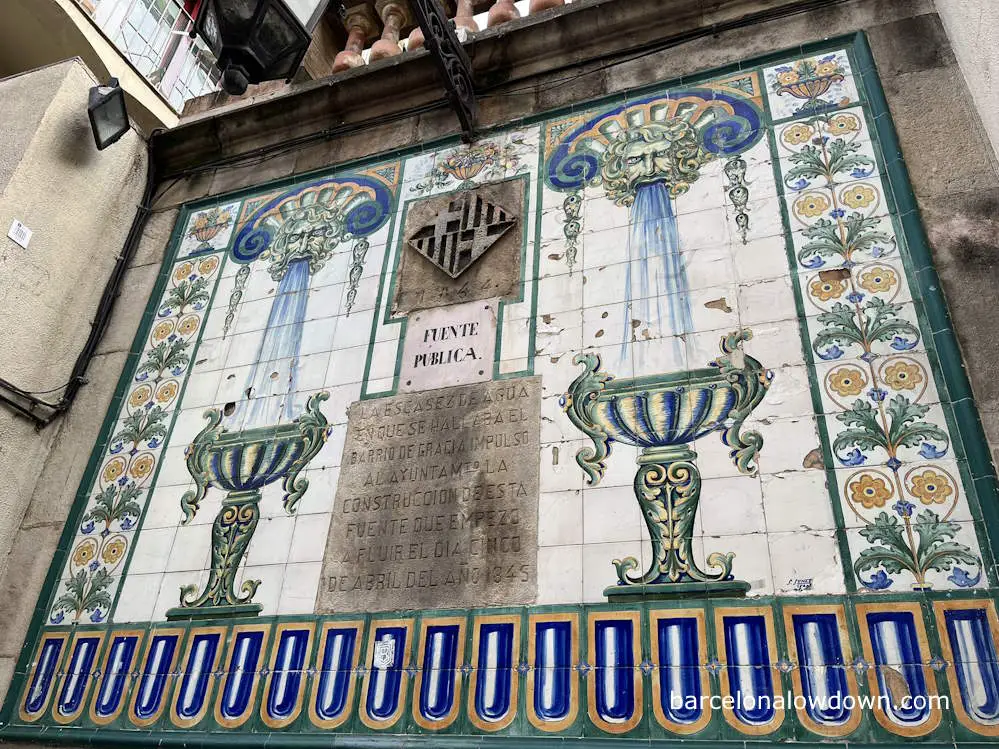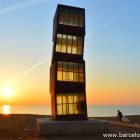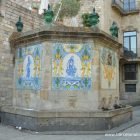Nowadays, we often take running water for granted whenever we shower or turn on a tap. However, until about a hundred years ago, if you wanted water in your home, you had to fetch it from a public fountain.

The first piped, or at least channelled, water system in Barcelona was installed by the Romans, who constructed two stone aqueducts. As the city expanded, so did its demand for fresh water and over the centuries, a network of channels, pipes, and public fountains was built and extended to meet this need.
As you stroll through Barcelona today, you’ll notice numerous characteristic metal drinking water fountains. These fountains not only provide a convenient way to stay hydrated but also serve as a reminder of the city’s past. Additionally, there are a few larger stone fountains, the oldest of which is the Font de Santa Ana, which was built in 1356.

This fountain in the Gràcia neighbourhood is La Font de la Travessera de Gràcia (English: The Fountain of Travessera de Gràcia), which was built in 1844, although the decorative ceramic tiles were added at a later date. The inscription above the three brass taps reads:
The scarcity of water in the neighbourhood of Gràcia prompted the City Council to build this fountain that began to flow on April 5, 1845.
Location
The fountain is located at Travessera de Gràcia, 126.
How to get there
The nearest metro stations are Fontana on line L3 and Diagonal on lines L3 and L5 (the green and blue lines).
Other attractions nearby
- La Vila de Gràcia
- La Pedrera
- Casa Batlló
- Passeig de Gràcia
- La Sagrada Família
Map
Travessera de Gràcia, 126, Barcelona




